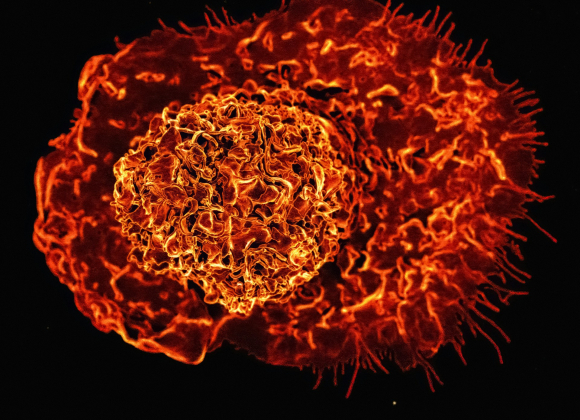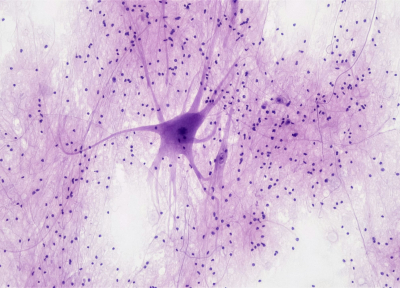Did you know that heart disease is the number one killer in the United States? According to the American Heart Association, cardiovascular events claim the lives of almost a million individuals each year.
Heart disease is an all-encompassing term that includes not only diseases affecting the coronary arteries (blood vessels that serve the heart), but also myocarditis (inflammation of the heart muscle) and cardiomyopathies (diseases of the heart muscle) to name a few.
When we hear about heart disease, we may think of improving our diet and exercise. These are both critical factors in decreasing risks of a cardiac event or stroke, but our immune system also plays an important role in heart disease.
Macrophages
The main function of the heart is to work as a pump, sending oxygenated blood throughout the body and oxygen poor blood to the lungs, allowing you to breathe out the “waste” and inhale fresh air. The heart is a mixture of muscle, nerve, connective tissue and blood vessels. Each of these tissues and vessels are made up of various types of cells. Of these cells, approximately 6% are immune cells, primarily macrophages.
Macrophages are a type of immune cell that plays a key role in responding to various types of infections or tissue injury. Specifically for heart disease, when an individual begins to develop fatty buildup inside the coronary arteries, macrophages will try to engulf these fats. Unfortunately, this causes the macrophages to become “foam cells” which die and contribute to the buildup of a plaque in the artery. Eventually, these plaques may become large enough to block the flow of blood through the coronary arteries. When this occurs, heart muscle tissue is starved of oxygen and will die. This can cause a myocardial infarction, otherwise known as a heart attack.
Heart Infection
The heart is not immune to infection. Infections in the heart can cause myocarditis and are mostly caused by a virus such as influenza, SARS-CoV-2 (which causes the disease COVID) or West Nile virus. While immune cells will function to clear the virus, this also comes with a bit of collateral damage. Immune cells will secrete messengers (called cytokines) which can cause inflammation within the heart tissue. This inflammation can damage muscle and nerves in the heart which can make pumping blood more difficult.
This inflammation of the heart can also lead to cardiomyopathy, which is a result of the walls of the heart thickening. This thickening also makes it harder for the heart to pump blood and can lead to heart failure.
The good news is that there are things we can all do to help prevent heart disease. These include a healthy diet, increasing physical activity, stopping smoking, and reducing alcohol consumption. Scientists are studying and making progress on potential therapeutics to treat the inflammatory causes in heart disease, such as inhibiting the formation of foam cells.
Learn the warning signs of heart disease and speak with a healthcare professional about any concerns you may have. Visit www.heart.org for additional information.



